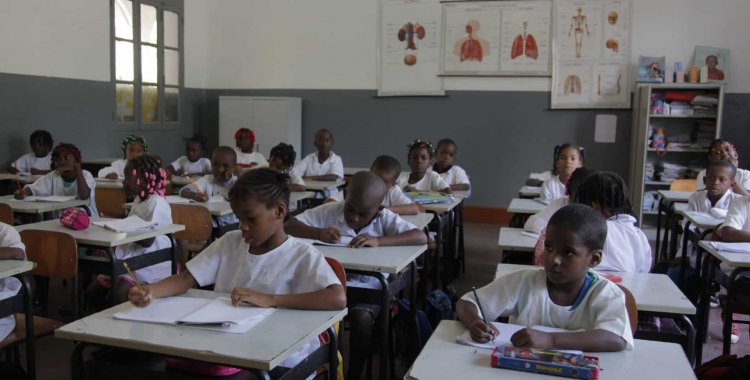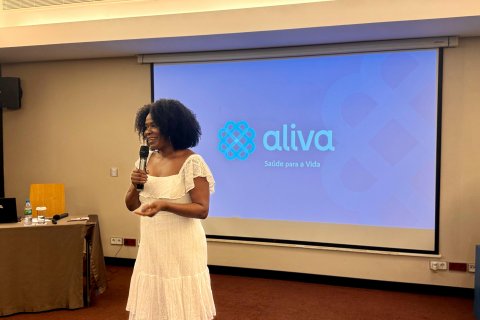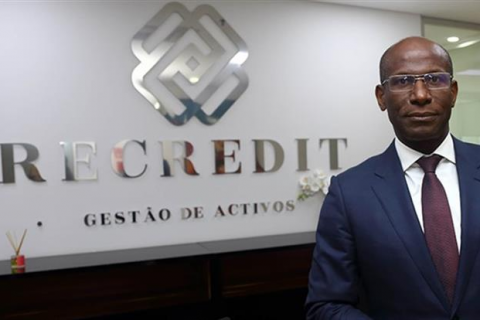Maria do Rosário Bragança spoke this Wednesday at the opening of the IX meeting of Ministers of Science, Technology and Higher Education of the CPLP, which took place in Luanda, in person and online, under the theme "Digitization and Science in Post-Covid Societies -19: Challenges and Prospects".
The minister, who was speaking on behalf of the acting Angolan presidency of the CPLP, said that digitization has a positive potential to promote collaboration, especially across borders, and improve the efficiency of multiple dimensions, including unrestricted access to scientific articles, access to public databases and collaborative research.
Digitization, the minister considered, can help reduce costs inherent to the production of certain agreements for collaborative scientific research, promote the reuse of scientific data, increase the rigor and reproducibility of scientific studies and reduce redundant research.
"However, the positive potential of digitization to promote collaboration has some reservations, as to its real usefulness for bringing scientific communities and scientists closer to the public, considering an inclusive process", underlined the minister.
According to Maria do Rosário Bragança, some challenges in the digital and scientific world are the need for reliable digital systems, "and, very importantly, digital inclusion, in a global society with contradictions, between, for example: wanting to investigate the universe to obtain a glimpse of the beginning of humanity, on the one hand, and the glaring weaknesses to satisfy the basic needs of certain populations, on the other hand".
The official stressed that the covid-19 pandemic proved to be extremely challenging for science and technology, questioning, for example, what role digital and science play and will play in the development of CPLP countries.
"We indicate several challenges, among which we highlight the digital divide, digital illiteracy, security versus digital vulnerability and the phenomenon of disinformation", said the minister.
In the approach to digital illiteracy, Maria do Rosário Bragança referred to those who, even having access to digital devices, connected by the internet, do not have the discernment to take full advantage of them, to facilitate their daily lives.
"In addition to people who do not have the necessary skills to use ICT [information and communication technologies], there are those who are unwilling or not interested in using the internet and are resistant to the use of digital systems, joining the ranks of 'digital resistance'", stressed the minister.
On the phenomenon of disinformation or "the manipulation of information made available to users", the minister said that in this regard, highlighting the quality of information, the covid-19 pandemic has demonstrated how digitization can also contribute to the negative understanding of the world. public about science".
Among the post-covid-19 digital and science challenges for CPLP countries, Maria do Rosário Bragança highlighted, among others, providing policies and strategies for increasing access to ICT for the people of the Member States, as well as training on ICT for the most disadvantaged populations for economic, geographical, gender or age reasons.
The opening ceremony also included speeches by representatives of some Member States, including the Minister of Science, Technology and Higher Education of Portugal, Manuel Heitor.
Manuel Heitor highlighted Portugal's relationship with the other countries of the community, especially through students from all countries, underlining the increase in Portuguese-speaking students studying in the country - currently around 40,000, half of whom are Brazilians, against the approximately 16,000 five years ago.
"The Portuguese higher education system will only be richer the greater its diversity and we want to maintain a framework of equality for all these students and that is why we recently launched a monitoring group for all Portuguese-speaking students in Portugal and, in particular , to African students, in a way that they feel accompanied", he said.







